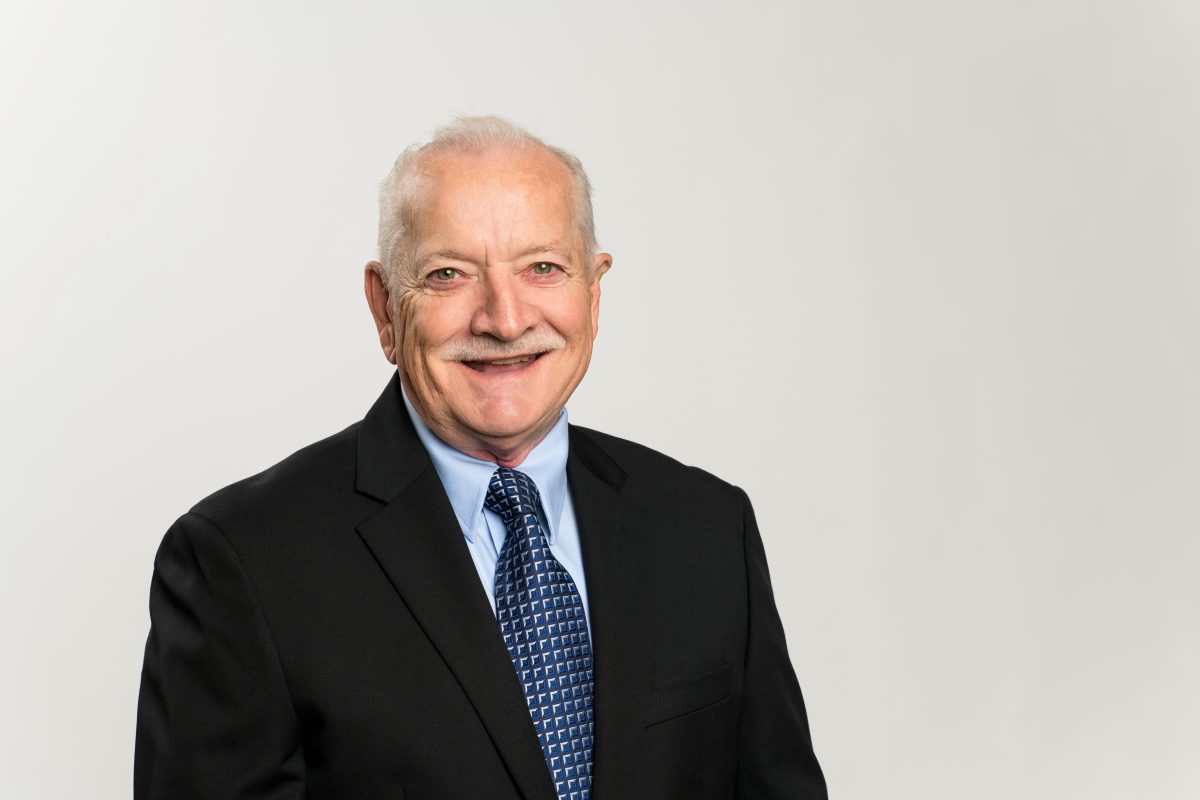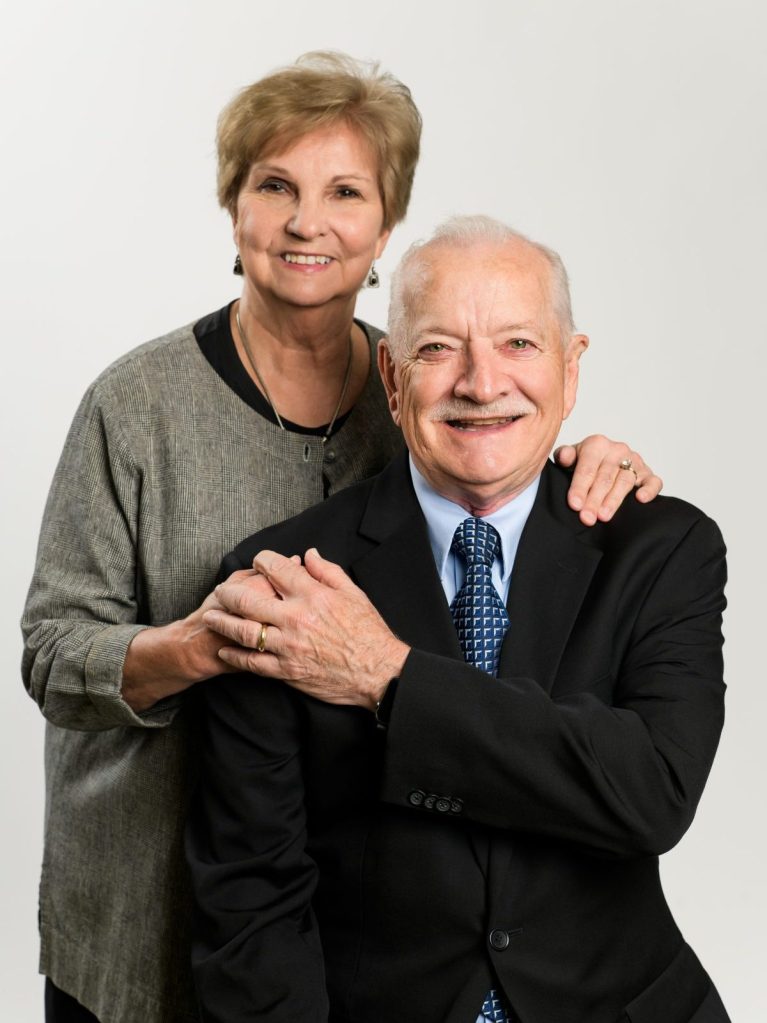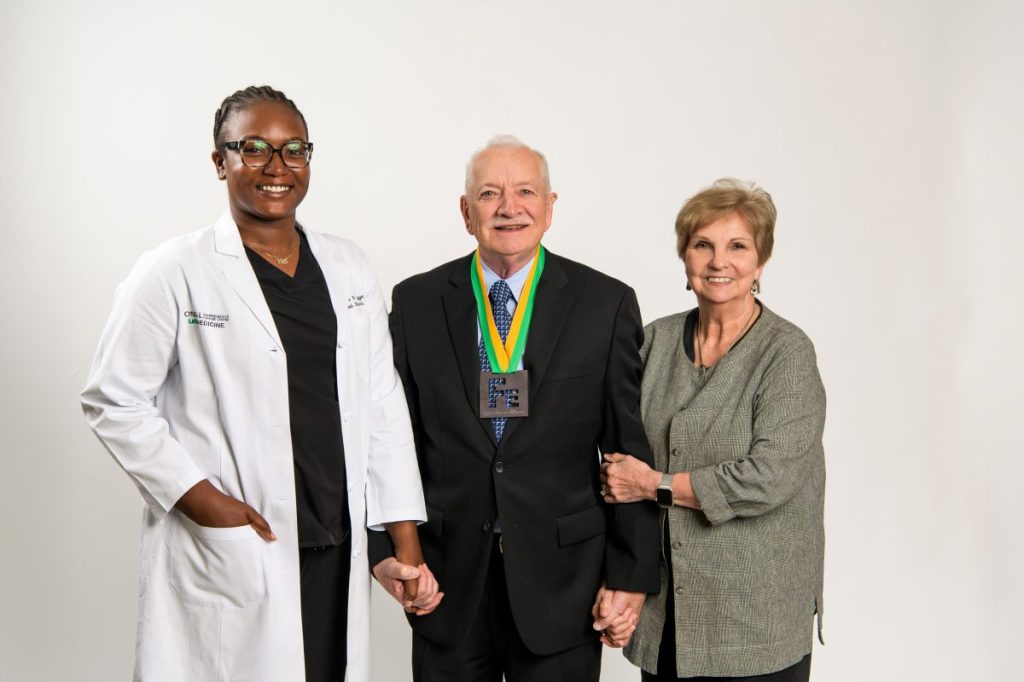
Fred Halstead
On one of the days when Fred Halstead was scheduled to take part in his regular immunotherapy treatment for bladder cancer, he noticed it was National Nurses Appreciation Day. So, he stopped and picked up a dozen doughnuts for the nurses at UAB who were helping treat him.
“I took them to say thanks for everything that they do,” Halstead says. “Then I thought, ‘Why do I appreciate them just one day out of the year?’ So from them on, every time I go in for my immunotherapy, I take them a dozen doughnuts.”
Halstead has a special appreciation for most things these days. After all, when he was diagnosed with metastatic bladder cancer in 2019, he was told that the disease was too far advanced for surgery, and the five-year survival rate was less than ten percent.

But then, UAB medical oncologist Arnab Basu, MPH, FACP, M.D., informed him of a possible alternative involving a clinical trial taking place in conjunction with the biopharmaceutical company AstraZeneca. Halstead agreed without much hesitation.
“My wife worked as an RN, and her last 17 years were spent in clinical research. So, I had her confidence in (clinical trials),” Halstead says. “Plus, to me it was like, ‘What do I have to lose?’ So I told them I was ready to give it a try.”
The results have been as much, if not more, than Halstead could have expected. Not only has the treatment eliminated the cancer, but he has experienced few side effects other than – oddly enough – an initial case of the hiccups. This October will mark the important five-year mark from his original diagnosis.

“Every time he has [a CT scan] and we see that his cancer is still clear, we’re very excited about it,” Basu says. “We are always a little bit nervous, especially at the beginning, that maybe this is temporary. But as time goes by, we start to think that this might really be a cure.
“This is how science moves forward. Sometimes the experimental treatment doesn’t work. But eventually, we make slow-but-steady progress. Mr. Halstead has benefited, of course, but his participation also benefits all patients across the board. He’s been one of the most amazing, diligent patients. He has shown a lot of commitment toward this research.”
Halstead also has shown plenty of appreciation for the research and the people involved with it. Lately, that appreciation has been demonstrated a dozen doughnuts at a time.
“The nurses and everybody at UAB have been so great,” Halstead says. “I get broken up thinking about it, because I love them so much. I couldn’t have asked for a better experience through any of it. I’m a blessed man. I’m so glad I got on this study. I feel like it saved my life.”


